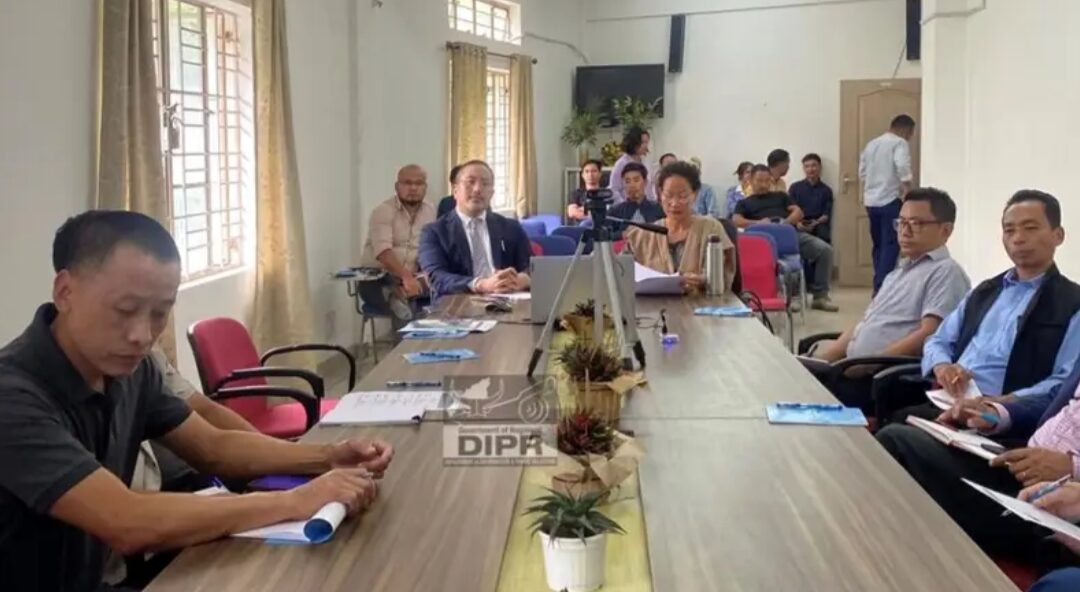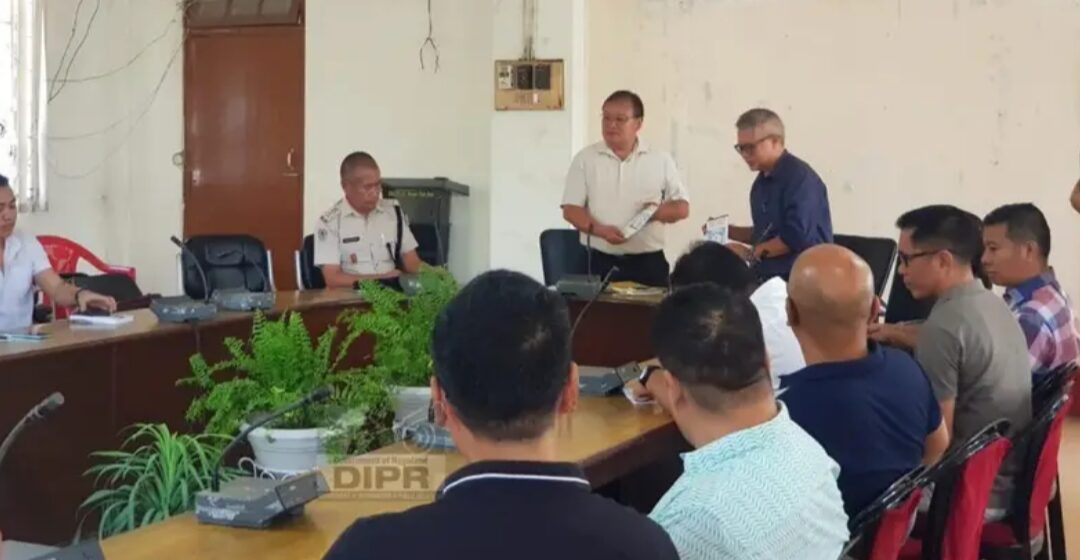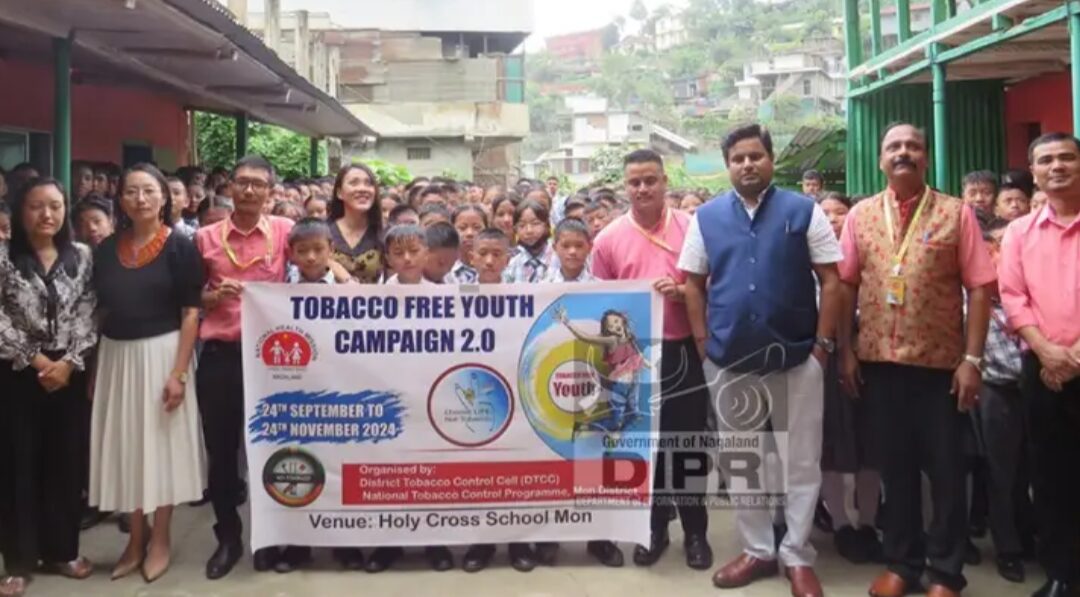For 18 days, the people of Nagaland have been grappling with the indefinite closure of National Highway 29, a critical artery connecting Chümoukedima town to New Chümoukedima. The Rising People’s Party (RPP) has lambasted both the Nagaland Government and the National Highways and Infrastructure Development Corporation Limited (NHIDCL) for their lacklustre response to the crisis.
The closure has inflicted significant hardships on the local population. Despite assurances from Chief Minister Neiphiu Rio, who visited the site shortly after a landslide and promised swift action, progress remains elusive. The Pagala Pahar stretch, in particular, continues to be a major bottleneck.
The RPP has expressed dismay over the slow pace of repairs. Multiple firms are engaged in the 3-4 km stretch of Pagala Pahar, yet only a handful of labourers and a few excavators are visible on the ground. This sluggish pace raises fears that travellers may be forced to use the perilous Chümoukedima-New Chümoukedima by-pass road for another year or more.
Also Read: CYO demands swift action on NH-29 repairs amid delays and safety concerns
The RPP has also called for all VIPs, including the Governor, Chief Minister, Ministers, and MLAs, to use the same by-pass road as ordinary citizens. They argue that traffic rules should be applied uniformly, regardless of status. This demand underscores a broader sentiment of fairness and equality among the public.
In addition to the NH-29 debacle, the RPP has appealed to the General Officer Commanding (G.O.C.) of 3 Corps Rangapahar/Indian Army to assist in clearing a major mudslide at Zubza. The road is sinking under the weight of accumulated mud, and current efforts involving just one excavator and two dumper trucks are woefully inadequate. This plea serves as a stark reminder of Chief Minister Neiphiu Rio’s unfulfilled 2018 vow to construct good roads within a year.
Also Read: Nagaland reels as landslides wreak havoc on National Highway 29, 6 dead
The RPP’s criticism highlights the urgent need for immediate action and greater accountability from both the government and NHIDCL. As Nagaland’s residents continue to suffer due to infrastructure failures, it is imperative that these bodies take swift and effective measures to restore the highway. The people demand not just words but tangible results to ensure their safety and convenience.
In this time of crisis, the people of Nagaland are looking for more than just promises; they are seeking tangible solutions that reflect a genuine commitment to their well-being. As the days turn into weeks, the frustration grows, and so does the call for action. Will the authorities rise to the challenge, or will this critical highway remain a symbol of neglect and inefficiency? Only time will tell.




